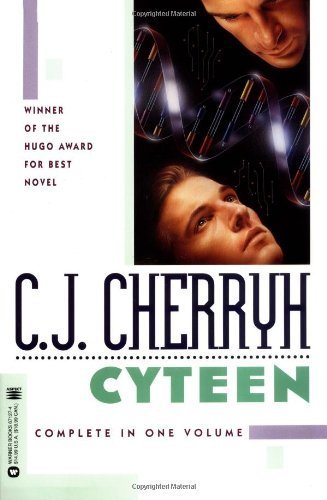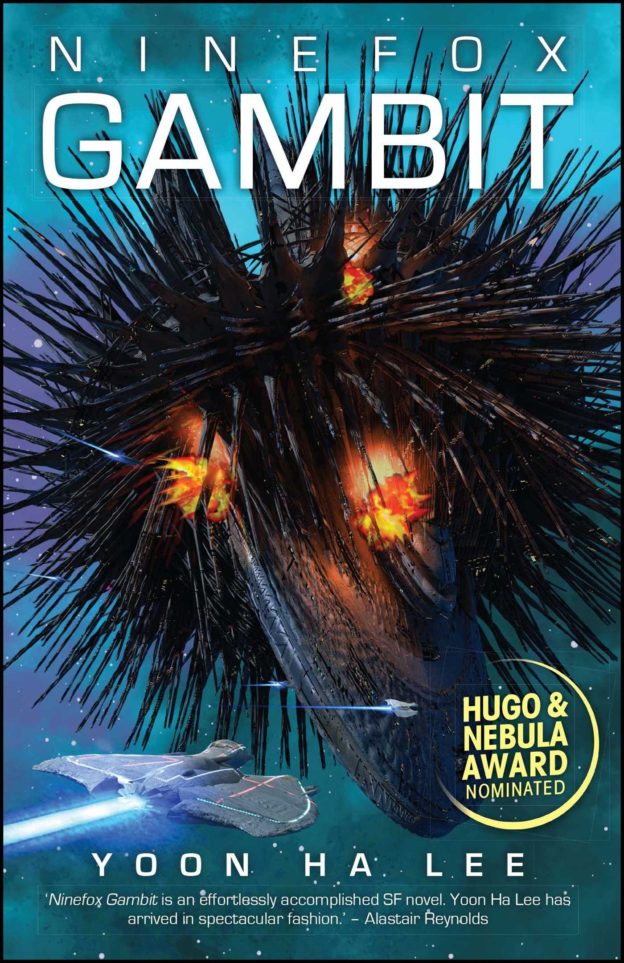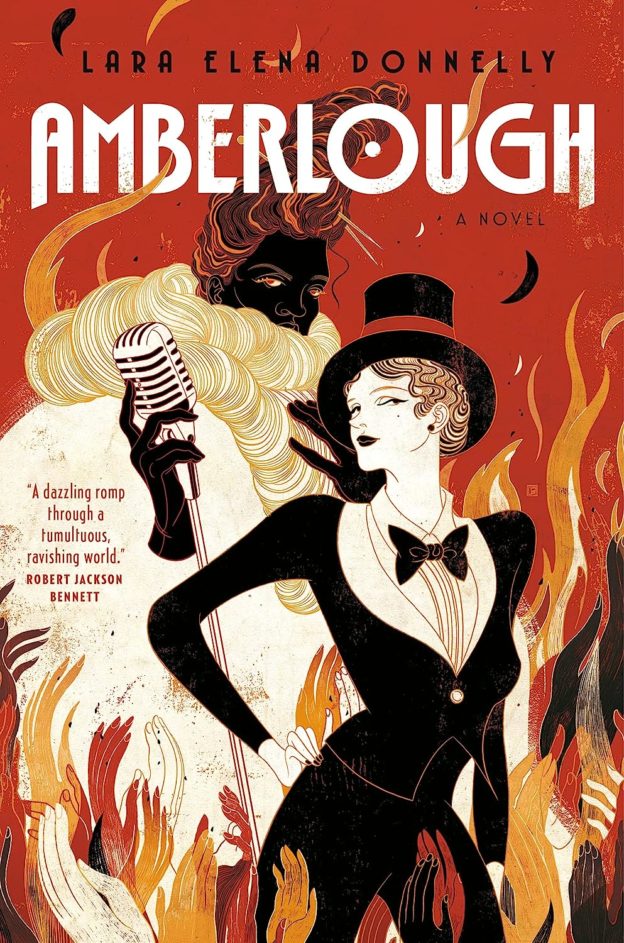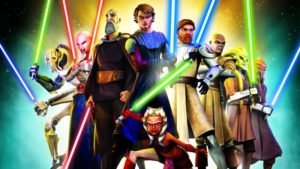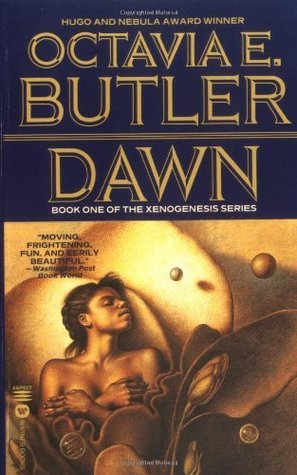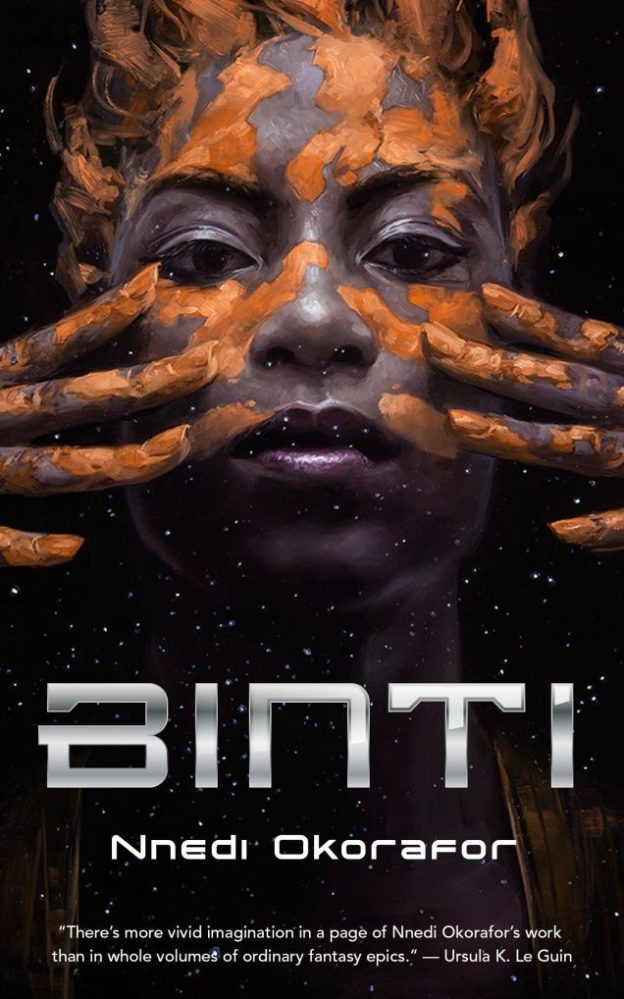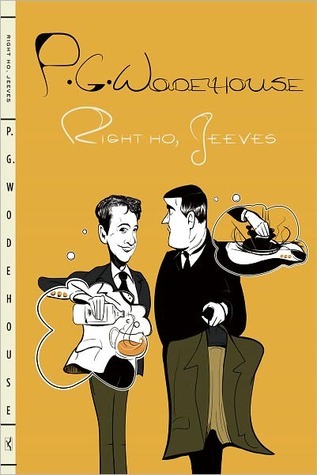A black man, a white man, and a white woman all get the power to warp reality to their will. The black man and the white woman can’t handle the power and nearly get the group killed. The white man saves the day by being more emotionally stable than them.
ಠ_ಠ
I don’t think Michael Crichton meant Sphere to come out sounding that way, but his characters are so paper-thin there’s nothing left of them but their stereotypes.
Norman Johnson, professor of psychology, gets called in by the Navy to investigate a plane crash in the Pacific Ocean. The downed plane turns out to be a spacecraft. Because of Norman’s previous work on group dynamics, the Navy has given him the job of keeping the crew from freaking out in the face of alien life. Norman and a team of scientists he hand-selected go to a deep-sea habitat to investigate the wreck.
Some of what happens next is spoileriffic. Suffice to say that whoever comes into contact with a certain sphere gets reality-warper powers. It involves time travel.
For the first few chapters, I found Crichton’s prose refreshingly sparse. After a while it gets wooden. Check this out:
Norman suddenly felt overwhelmed. He sat on his bunk, holding the notebook in his hands. Finally he looked at a couple of pages, filled with Ted’s large, enthusiastic scrawl. A photograph fell onto his lap. He turned it over. It was a photo of a red Corvette. And the feelings just overwhelmed him. Norman didn’t know if he was crying for Ted, or crying for himself, because it was clear to him that one by one, they were all dying down here. He was very sad, and very afraid.
Crichton doesn’t explore the implications of the magic sphere in nearly as much depth as he could have. Why aren’t characters inundated with pink elephants when they desperately try not to think about them? Why can’t characters imagine their way out of problems? The only thing the power seems to do is throw monsters at the habitat.
The plot runs on the characters’ terrible decisions. When the Navy learn that a typhoon is bearing down on the site of the wreck, which isn’t going anywhere, they hasten to send the characters to the underwater habitat just in time to trap them down there. When jellyfish of an unknown species swarm the habitat, one of the Navy officers decides it’s time to go for a swim. Somebody rigged the habitat with a deadman’s switch that takes away their only means of escape unless they press a button. On the outside of the habitat.
That’s not even what bugs me the most about this book – it’s the three main characters, Harry Adams, Beth Halperin, and Norman.
Harry isn’t that bad. He’s actually competent, and when his powers get the best of him, it’s because of normal human fears. And it’s gratifying to see him survive.
I like women villains. I know real women can be any one of sex-obsessed, power hungry, manipulative, hysterical (Crichton literally uses this word), incompetent, and bitter. But why is Beth all of these things? And she never misses a chance to mention she’s a woman?
Crichton’s description of her is disturbing:
Beth, with her lack of self-esteem, her deep core of self-hate, had gone inside the sphere, and now she was acting with the power of the sphere, but without stability to her thoughts. Beth saw herself as a victim who struggled against her fate, always unsuccessfully. Beth was victimized by men, victimized by the establishment, victimized by research, victimized by reality. In every case she failed to see how she had done it to herself.
I don’t know what message Crichton is trying to convey here, but I think he had a bone to pick with somebody.
Norman’s a schlub. The problems with the mission are largely his fault – it was his job to pick a team of scientists who would be unlikely to crack under stress. He picks a team of scientists with low stress tolerance who all hate each other. When consequences follow, he doesn’t feel remorse. He just rescues Harry and the hysterical Beth because he can handle the sphere-power better than them.
I think the problem here is that Crichton was trying to write a book about emotions … and he sucks at it. It’s telling that he equated emotions with space aliens in this book. He tried to get into his characters’ heads and instead knocked things over. I was rooting for the giant squid.

